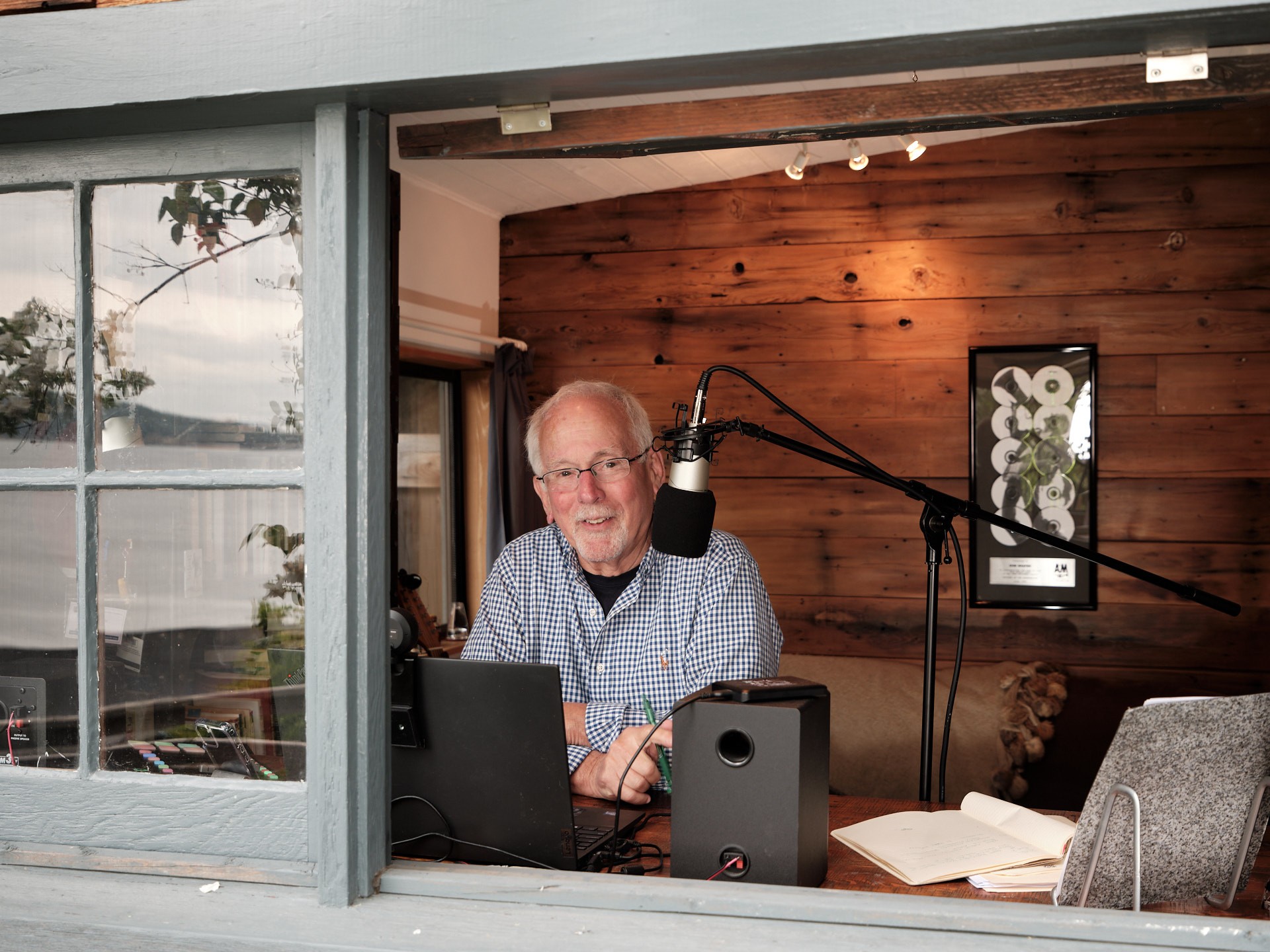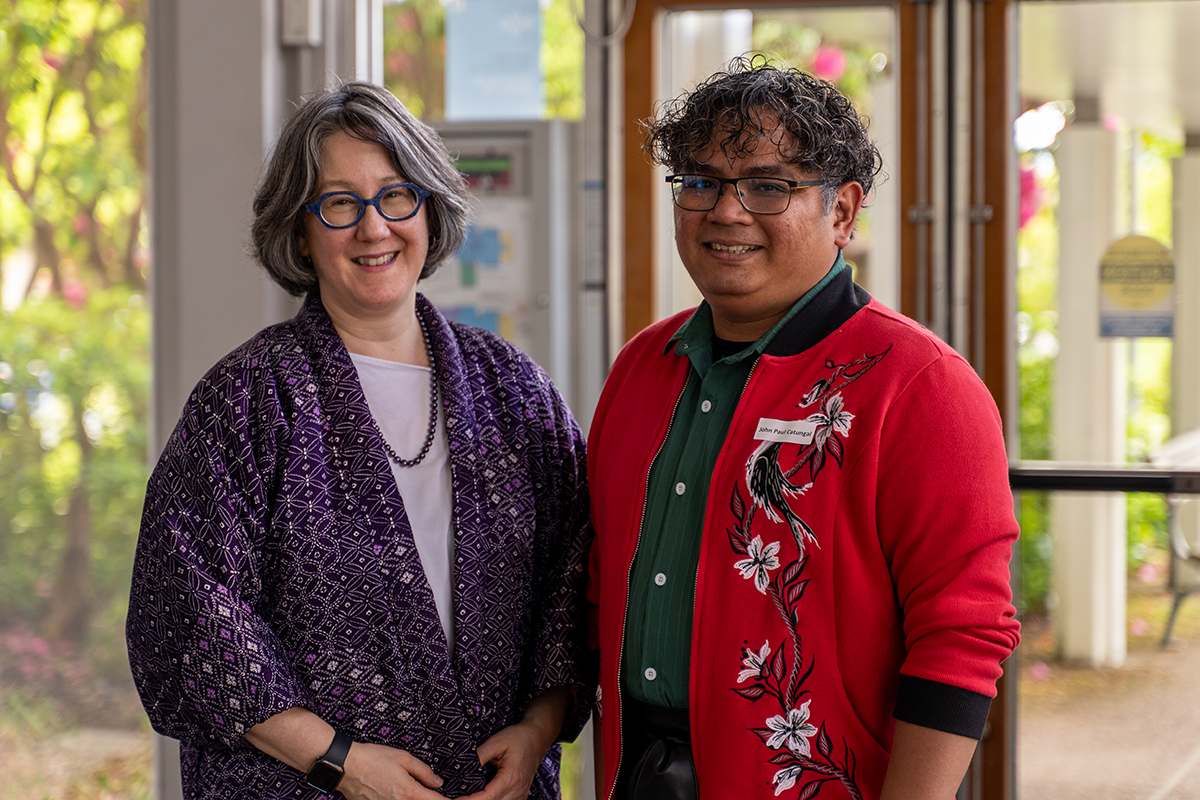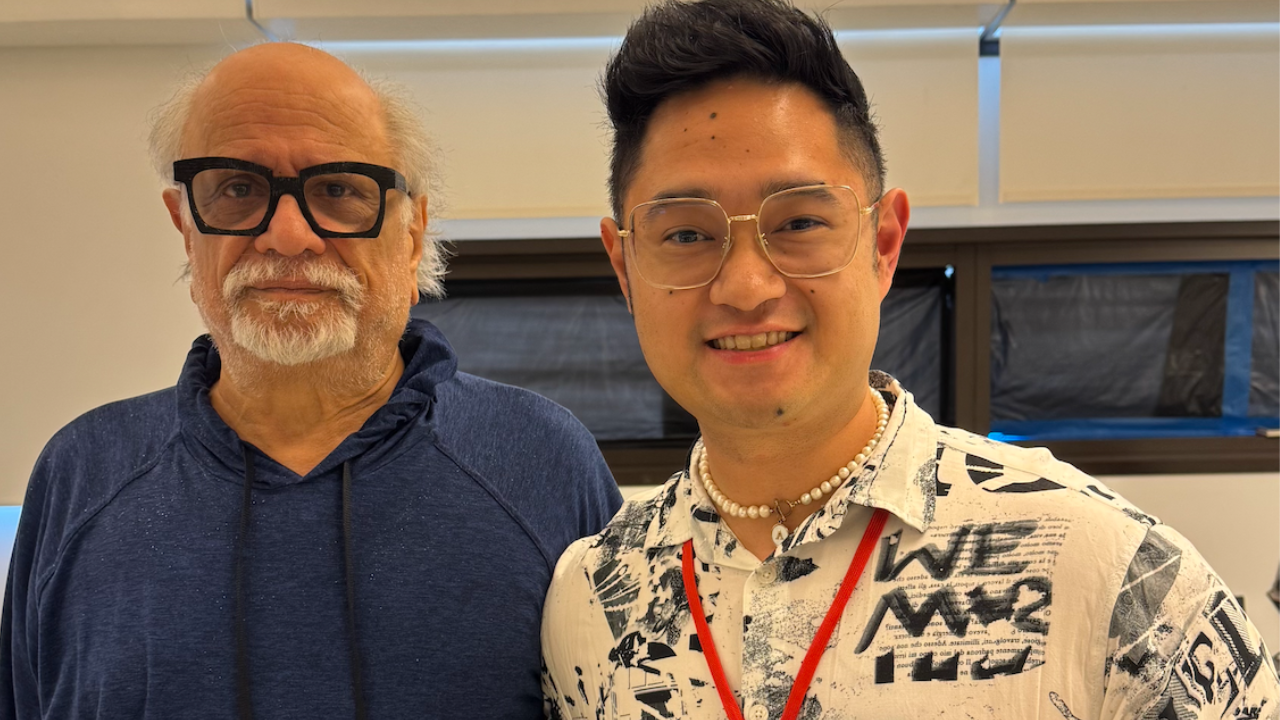The GRSJ Institute welcomes our two new tenure-track faculty members.
Dr. Alifa Bandali finished her Ph.D. in Gender and Cultural Studies from University of Sydney, Australia. Her Ph.D. thesis titled: Paid to care: Women’s experiences in non-profit/NGO work in Malaysia examined how women working in the non-profit/NGO sector saw themselves in their work and the meaningfulness of ‘good work’. Her research focuses on feminist activism both in institutional and creative spaces inside and outside the classroom.
Dr. Rosanne Sia finished her Ph.D. in American Studies and Ethnicity from University of Southern California. She works across Cold War cultural history, performance studies, critical race studies, and queer studies. Her book manuscript, Fantasy in Motion: Performing Racial Imaginaries in the early Cold War, focuses on women of Asian and Latinx descent who danced and sang on nightclub circuits in the early Cold War.
Dr. Bandali first joined the Institute (SJI) in 2020 as a Lecturer, and in July of 2022 accepted our offer of an Assistant Professor of Teaching track. She reflects on her first year of teaching in the GRSJ Undergraduate Program:
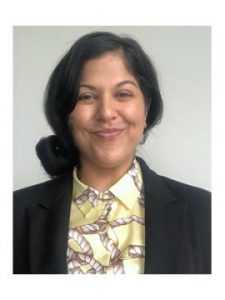

“Being a part of such a robust community of scholars, teachers, community members and academics, I can’t imagine being anywhere else. In my role, I teach a breadth of undergraduate courses in GRSJ, some of which include: GRSJ 300: Intersectional Approaches to Thinking Gender; GRSJ 101: Introduction to Social Justice; and GRSJ 327 Theories of Representation and Difference to name a few.
“I am energized by the Institute’s engagement in social justice, in particular redefining notions of power, which greatly informs my teaching and research. I continue to learn through teaching and some of my research and teaching interests include: intersectional approaches and practices; how to build inclusive and respectful learning environments; engaged pedagogies; gender and cultural studies; emotional labour from local to global perspectives; Muslim women’s representations; and creative and institutional forms activism in the Asia Pacific region.”
“As I am nearing the end of this teaching year, I continue to reflect on how thoughtful and insightful students continue to be. Social justice courses explore a number of ongoing, turbulent and tense issues, where conversations and dialogues are in progress. Despite this, students continue to build community with one another and share spaces of care, passion, knowledge, discontent and curiosity and for this I am always grateful. As a teacher, we continue to learn from, and with students and this is not something I take for granted. This was noticeable in Winter Term 1, when students in GRSJ 326 and GRSJ 327, shared their final projects with the class, as a celebration of not only the community we were building, but also putting to work their learnings.
“I continue to centre teaching in my work. It is an ongoing practice that is not without challenges and difficulties. The emotional, mental and physical efforts that are asked of faculty especially folks of colour and marginalized communities is something I am always reflecting on. My hope for upcoming years is to continue sharing these insights and experiences with students, peers and colleagues so that we can build more sustainable and flourishing pathways at the Institute and UBC more broadly.”
In her first year on the Assistant Professor track, Research Stream, Rosanne got her baptism of fire leading our Undergraduate Practicum course and teaching a Critical Studies in Sexuality (CSIS) core course at the graduate level. She reflects below in her first year of research and teaching in GRSJ:
“From stepping i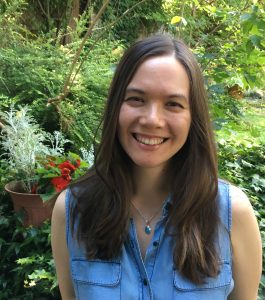

“This has been a transitional year for me as I launch my research agenda at UBC. I hope to build conversations across the disciplines of Asian Canadian/Asian American studies and Latinx studies. I have been looking at cultural connections across geographies in the American hemisphere during the early Cold War period. This year I have been developing work on the topics of transpacific feminist networks, transgressive nightclub acts, and queering motherhood at conferences like the Association for Asian American Studies, the Dance Studies Association, the International Society for the Study of Chinese Overseas, and the Organization of American Historians.
“I am excited to start bringing this work up to the Canadian context through a UBC New Faculty Hampton Grant. The pleasures and dangers of nightlife (e.g. transgressive performances) push against norms of gender, race, and sexuality, dance and song as alternative ways to transmit knowledge that remake racial fantasies about Asia and Latin America in often unexpected ways, cross-cultural encounters within the intimate space of the nightclub.’
The Institute is very fortunate to recruit these two new, young outstanding faculty members who are already contributing to exciting research agendas and our GRSJ and CSIS Undergraduate and Graduate Programs.
